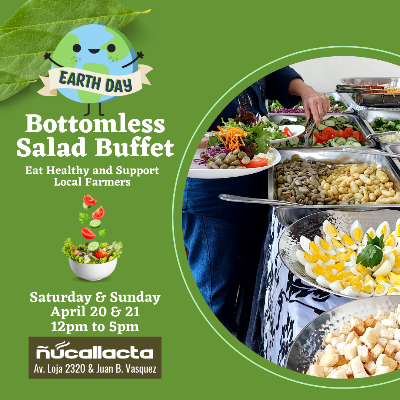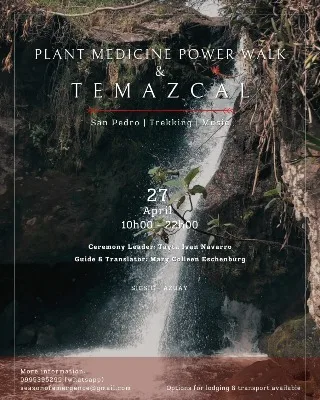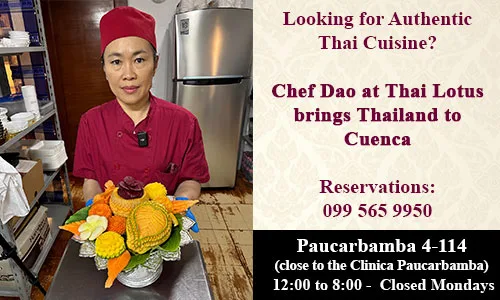Cuenca’s poor, and the world’s, get hammered by the pandemic and then get blamed for it
By Gus Wilcox
Writing about the human toll of the coronavirus pandemic, a columnist for a Madrid newspaper recently asked: “Where is the concern about the poor and disadvantaged? Where are the defenders of human rights during the pandemic?”
His comments followed the imposition of new restrictions on low-income neighborhoods of Madrid. “Have you noticed that it is the elites, those with the good-paying jobs, who make the public health decisions that affect the poorest people the most?” he asked. “They are the ones with the least to lose from the lockdowns and rules they impose. They show total contempt for poor people.”
The article reminded me of comments I heard at an expat gathering a few weeks ago when an acquaintance commented about the “stupidity” of lower class Cuencanos ignoring social distancing rules when they ride the tram and public buses.

Many of Ecuador’s poor cannot afford the luxury of social distancing on public transportation.
Another gringa chimed in: “And how about all those informal sellers in El Centro and around the markets? They should be fined or arrested but the police don’t do anything about it.”
I’ve heard these sentiments in Cuenca many times before, both in person and in online chat groups.
What struck me about their remarks is that the two ladies were standard barriers of the group that worked itself into a self-righteous lather over what they regarded as a racist article that appeared on this website a few months ago. Like some other expats, they were quick to jump on the bandwagon against alleged racism in another country but are blind to racism occurring right under their noses and that they, themselves, participate in.
Of course, it’s not just the gringos who take cheap shots at the poor. Among middle- and upper-class Cuencanos, the prejudice runs strong and many of us have heard the claim by privileged locals that Cuenca has a population of 8,000, referring to the residents of supposedly pure Spanish lineage.
Last week, an announcer on a popular local radio show asked listeners how informal workers who violate social distancing and mask-wearing rules should be be dealt with. Suggestions included assigning more police and military personnel to market areas and conducting more frequent “sweeps” to dislodge vendors. One caller suggested detention camps for repeat offenders. “The potato and tomato sellers are spreading the disease and we have to get them off the streets,” he said. “Who needs them anyway? You can buy all your vegetables at Supermaxi.”
It’s not surprising that Ecuador’s poor – and Spain’s and the world’s, for that matter – are accused of spreading the virus and should be punished as a consequence. Poor people are always an easy mark.

Informal vendors crowd the streets and sidewalks near the 9th de Octubre market in Cuenca, struggling to make a living.
Ecuador has one of the highest percentage of informal workers in Latin America, over 70 percent of the working population by some counts, although the government claims it’s 50 percent. These are the street merchants, temporary farm, construction and restaurant workers, who are off the tax rolls and not eligible for the little assistance that the government offers. These are people who cannot afford to shelter in place, who cannot telecommute or sell their tomatoes, strawberries and umbrellas on Zoom.
A September survey taken by students at the University of Cuenca found that the average income of Cuenca’s informal workers is down 50 percent since the pandemic began. Many of those surveyed say they are surviving only by the kindness of family and friends. Some say they do not have enough to eat.
The informal labor sector averages 60 percent for all of Latin America and is approaching 30 percent in the U.S. and the EU, where much of the so-called service workers, whether they are “on the books” or not, suffer the same fate as the informals.
Like the Madrid columnist, other voices are beginning to emerge about the disregard for the poor in imposing Covid restrictions. Why, when researchers determined that the real death rate of Covid was less than 10 percent of what was originally estimated, were the restrictions not relaxed, they ask? Why, when it was determined that the vast majority of the population suffered little or no effects when infected by the virus, was the public health strategy not realigned to consider the economic impact on the most vulnerable?
Last week, the World Health Organization, acknowledged the plight of the poor when it recommended for the first time against lock-downs and other extreme measures that hurt the economy. “We must recognize the terrible impact that measures to control the pandemic have had on the world’s poor,” said WHO director Tedros Adhanom. “We must reevaluate plans to protect public health in light of the toll it is taking on the least fortunate.”
Also last week, the World Bank estimated that more than 100 million worldwide are in danger of gong hungry as a result of pandemic restrictions. Another 300 million, it said, will fall into the “extreme poverty” category.
I don’t disagree with Jesus that the poor will always be with us although I will continue to do what I can to alleviate the suffering. What I suggest is that public health policy be readjusted to allow the working poor a chance to make a living. At the very least, the poor should not be blamed for simply trying to survive.
_____________________
Gus Wilcox is a retired family practice physician from the U.S. state of Indiana who moved to Cuenca in 2017. He continues his volunteer work with Doctors Without Borders, primarily in Africa.


















